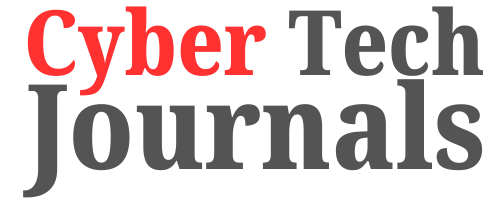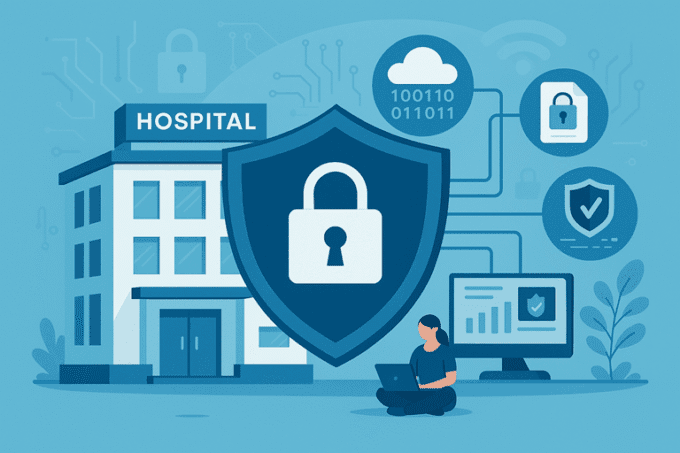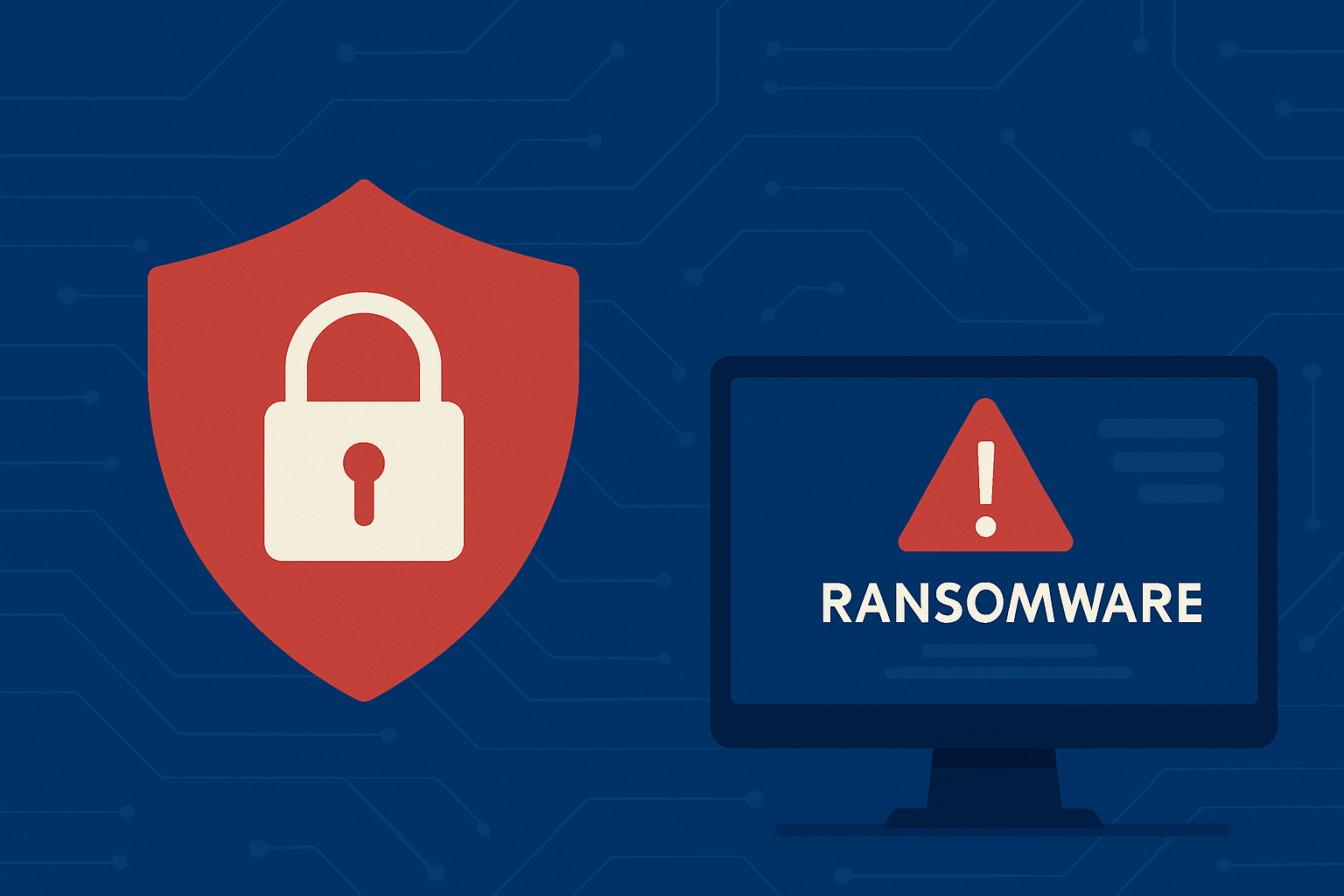In an increasingly digital world, cybersecurity has become a cornerstone of national security, economic stability, and technological advancement. The Global Cybersecurity Index (GCI), published by the International Telecommunication Union (ITU) , ranks nations based on their commitment to enhancing cybersecurity. As we step into 2025, the leading cybersecurity countries are setting benchmarks with their robust strategies, innovative technologies, and collaborative efforts to combat evolving cyber threats. These nations not only protect their own digital infrastructures but also contribute to global cybersecurity resilience, making them pivotal players in safeguarding cyberspace. Here’s a closer look at the top 10 leading cybersecurity countries as ranked by the GCI in 2025.
1. United States

The U.S. maintains its dominance in global cybersecurity due to robust federal strategies, a powerful intelligence ecosystem, and industry innovation. Agencies like the NSA and CISA drive initiatives such as Zero Trust Architecture, mandatory incident reporting, and critical infrastructure protection. The private sector, including tech giants and cybersecurity leaders, amplifies national capacity through R&D and real-time threat detection.
- Cybersecurity Spending (2024): $20 billion (CISA and DoD combined)
- Notable Frameworks: National Cybersecurity Strategy 2023, NIST CSF 2.0
- Latest Initiatives: The Biden Administration’s National Cybersecurity Strategy Implementation Plan includes over 65 initiatives, prioritising public-private partnerships and supply chain risk mitigation (White House Cyber Strategy).
- Global Rank: #1 in ITU GCI 2024, scoring maximum in legal, technical, and cooperation indicators.
- Private Sector Role: Over $200 billion spent on cybersecurity by U.S. businesses in 2024 alone.
2. United Kingdom

The UK demonstrates excellence in cybersecurity readiness through the National Cyber Security Centre (NCSC), a branch of GCHQ. The government champions public-private collaboration, cyber skills education, and regulatory alignment with GDPR and NIS2. British universities also lead in cyber research, reinforcing national capability.
- Cyber Essentials Scheme adoption: Over 120,000 UK businesses certified
- Public Investment (2023): £820 million in the National Cyber Programme
- GCI Standing: Consistently ranked in the top tier in ITU GCI 2024
- Resources: UK NCSC Official Site, UK Cyber Security Strategy 2022-2030
3. Singapore

Singapore’s Cyber Security Agency (CSA) continues to steer a data-driven, smart-nation-first approach. Its national strategy includes strong regulation of critical information infrastructure (CII), robust capacity building, and early adoption of cyber norms. Its legal and technical frameworks consistently place it in the top global tier.
- CSA Cybersecurity Strategy 2021: Focuses on international partnerships and operational tech security
- Ranked 2nd in GCI 2024 Report
- Notable Framework: Singapore Cybersecurity Act and enhanced operational technology (OT) cyber defences
- Resources: Cyber Security Agency of Singapore
4. South Korea

With the fusion of defence and high tech, South Korea has built a formidable cyber command and integrated AI into national defence systems. The government ensures that 5G infrastructure, smart cities, and digital banking systems remain secure against both domestic and state-sponsored attacks.
- Cyber budget (2024): ₩3.8 trillion won (~$2.9 billion USD)
- Top Contributor to ASEAN-South Korea Cybersecurity Capacity Building Program
- Initiatives: Smart City Protection Programme and AI-powered threat hunting
- Resources: KISA (Korea Internet & Security Agency)
5. Finland

Finland excels in institutional transparency, private-sector integration, and international cooperation. With its National Cyber Security Centre and involvement in EU frameworks, Finland remains highly agile in addressing threats to critical infrastructure and promoting digital trust.
- OECD Cyber Trust Score: Top 5 globally
- Cybersecurity Strategy 2024 Update: Emphasises resilience and hybrid threat response
- Resources: NCSC-FI (Traficom)
6. Israel

A global hub for cybersecurity innovation, Israel blends military-grade expertise from units like 8200 with a thriving start-up culture. The Israeli National Cyber Directorate oversees real-time incident response, resilience exercises, and export-oriented cyber product development.
- Cyber exports: Over $11 billion in 2024
- National cyber drills: Conducted bi-annually with NATO and OECD nations
- Resources: INCD (Israel National Cyber Directorate)
7. Estonia

Often cited as the world’s most digitally advanced society, Estonia has turned past cyberattacks into a strength. Its role as the host of NATO’s Cooperative Cyber Defence Centre of Excellence (CCDCOE) is complemented by strong e-government platforms and cybersecurity drills.
- E-Government penetration: 99% of government services online
- Lead nation in EU Cyber Rapid Response Team (CRRT)
- Resources: e-Estonia, CCDCOE
8. India

India’s CERT-In has evolved rapidly, enforcing compliance with new data protection laws and strengthening digital infrastructure across sectors. Government campaigns under Digital India have promoted awareness, while public-private partnerships have fortified the country’s cybersecurity capabilities.
- National Cybersecurity Strategy (Pending Cabinet Approval)
- GCI Tier: Ranked within top 10 (ITU GCI 2024)
- Private Sector Impact: 93% of Indian CEOs plan to increase cybersecurity budgets in 2025 (PwC India Survey).
- Resources: CERT-In
9. United Arab Emirates

The UAE has implemented AI-driven regulatory frameworks for IoT and smart cities. Its national strategy supports cyber innovation zones, incident readiness, and mandatory standards across the energy, healthcare, and fintech sectors.
- Dubai Cyber Index: Launched to evaluate and improve local government cybersecurity
- Annual Cybersecurity Investment: $1.2 billion
- Resources: UAE Cybersecurity Council
10. Japan

With a focus on safeguarding major events and aging infrastructure, Japan integrates AI and predictive analytics into its cyber strategy. Its industrial cybersecurity frameworks help protect critical sectors, and the country is a key contributor to global threat intelligence.
- Notable Programmes: Cybersecurity Strategic Headquarters, MIC Smart City Protection Initiatives
- Resources: Japan National Center of Incident Readiness and Strategy for Cybersecurity
Global Cybersecurity Index (GCI) Comparison
| Rank | Country | Key Focus Areas | GCI Tier |
|---|---|---|---|
| 1 | United States | National cyber strategy, Zero Trust, public-private synergy | Tier 1 |
| 2 | United Kingdom | GDPR compliance, OT cyber resilience | Tier 1 |
| 3 | Singapore | Smart city cybersecurity, legal frameworks | Tier 1 |
| 4 | South Korea | AI defence integration, smart city protection | Tier 1 |
| 5 | Finland | Infrastructure security, EU partnerships | Tier 1 |
| 6 | Israel | Innovation & military-grade intelligence | Tier 1 |
| 7 | Estonia | NATO cyber leadership, digital governance | Tier 1 |
| 8 | India | CERT-In expansion, public campaigns | Tier 1 |
| 9 | UAE | IoT regulation, regional cyber leadership | Tier 1 |
| 10 | Japan | Event cyber readiness, AI protection | Tier 1 |
Why Cybersecurity Leadership Matters The nations leading in cybersecurity today are setting the agenda for international standards, cyber diplomacy, and future digital innovation. As global threats grow more complex, these countries offer a roadmap for resilience, cooperation, and technological leadership.

















Leave a comment